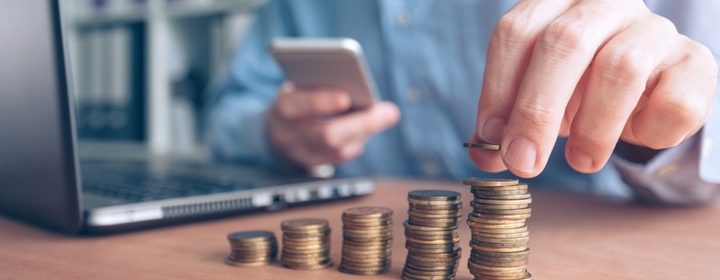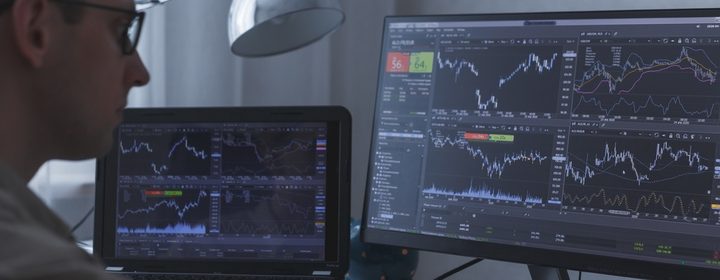Markets don’t make you money; your habits… make you money.
As creatures of habit, we ultimately become our own best friend, or our own worst enemy. This is why it’s important to be mindful of how our emotions affect our choices and influence our behaviour.
We can remind ourselves of this time and time again, but still we might find ourselves slipping into old habits and allowing emotional decisions to vilify our investment strategies.
This is largely due to the fact that if we step back and take a broader look at the market performance of the past three to five years, most local markets have underperformed. Many will say that only offshore has been showing growth, but even that is another way of saying that the ‘grass is greener on the other side of the fence.’
We all know that the grass is greener where it’s watered!
But here’s why this concept throws us so easily: performance doesn’t follow calendar years.
We do. We follow calendar (or financial) years. The reality is that three bad years doesn’t necessarily mean that your investment strategy is wrong. There will ALWAYS be a better performing asset class, share or fund. There will always be that temptation to jump ship when we see another vessel moving ahead a little quicker than ours.
And this is typically where we lose our money. This behaviour assumes that the markets will make us rich, and forgets that it’s our habits that make us wealthy. Markets yield the best returns over time, and not at a specific time, which speaks to the importance of following the ‘buy and hold’ strategy rather than the ‘buy and sell’ strategy.
Emotional awareness and diligent behaviour have the biggest impact on our portfolio. Managing these two key elements to our future wealth are not easy as both can be easily swayed under the right conditions – and poor market performance (especially after a Black Swan) creates these exact conditions!
Don’t try to go it alone when you’re feeling like this.
Having an objective partner on your side to help you process the emotional turmoil that rides the wave of a crashing market is invaluable to building your wealth. People who work with an adviser typically enjoy 1-2% better returns; over 25 years that can be almost double the return of someone who invests without an adviser.
They will also be able to remind you that maintaining your premiums during volatility allows you to purchase shares or allocations at cheaper prices (effectively acquiring more stock) and benefit your portfolio even more in the future.
Remember, it’s not the markets that will make you wealthy; it’s your habits.









